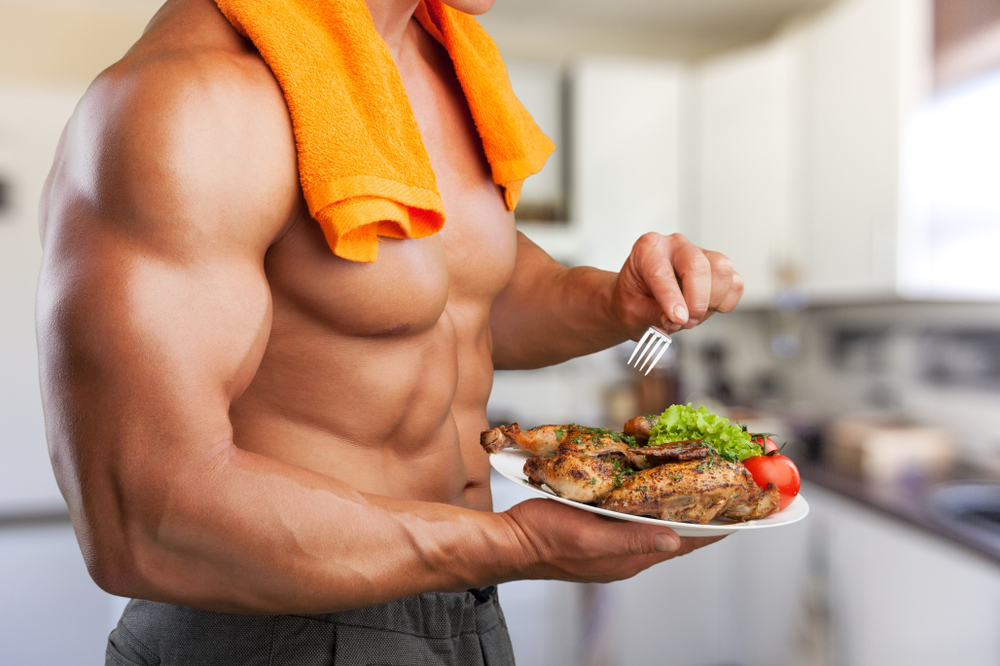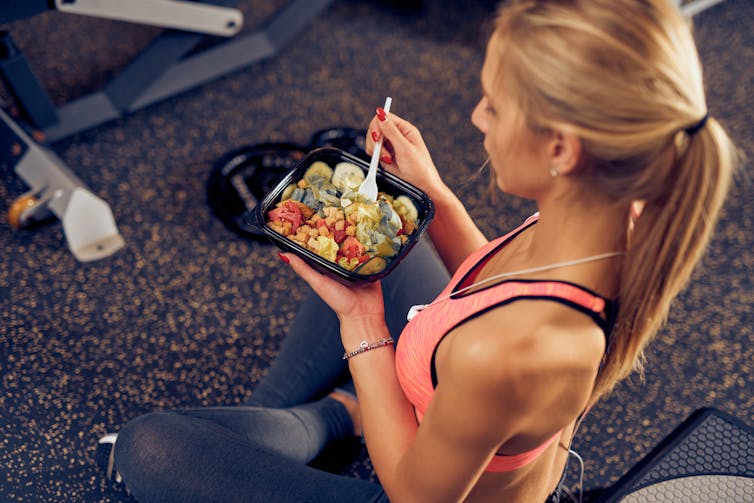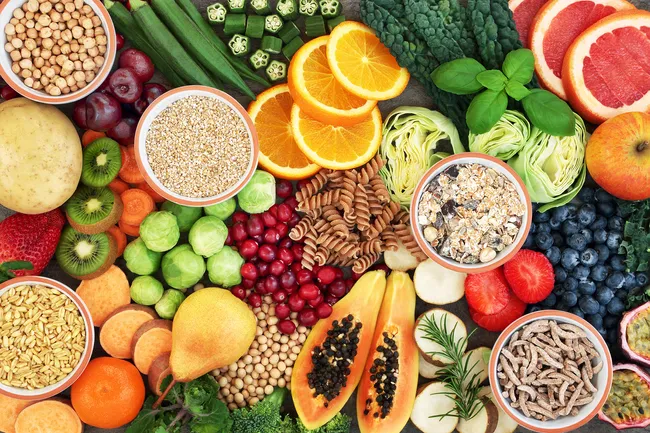Learn
How to eat for peak performance
Mayfield Ngondonga
June 30, 2021
In this day and age, we have a wealth of knowledge available to us. From youtube channels’ podcasts, online workshops and platforms such as MYCOMEUP. More than ever it’s become increasingly easier to transform all aspects of your life without having to spend money. Most celebrities have a killer lineup of experts helping them in all aspects of their lives, including fitness coaches, life coaches, health coaches, nutritionists etc.
Today with some effort and good research we can find what food works for us in order to become our best selves.
More and more research is being released on the impacts of different foods and how we can eat for peak performance. All bodies work differently however there are basics foods we can implement in our diets in order to drastically improve how we show up from day to day which will naturally improve our careers, giving us more energy to push through the workday. The way we eat can also improve our family life, the happier we are the happier our loved ones are and also good health can improve our overall mental wellbeing and outlook on life.

Here are some tips on how to eat for peak performance
We’ve all heard about the idea of superfoods but many of us underestimate the benefits these foods can have on our physical and mental wellbeing when we consistently implement these foods into our diets.
Berries
Berries are a great source of fibre to include in your diet they are also in antioxidants that help fight off diseases. Simply ways to include Berries in your diet could be through fruit salads, adding them to your morning porridge or fibre-rich breakfast.
Fish
Fish can be one of those things you hate or love, however, it’s in your best interest to learn to love it. Fish can be a good source of protein and contains important omega- 3 fatty acids. With such a wide range of fish your sure to find something you like.
Olive Oil
Olive oil is a good source of vitamin E, polyphenols, and monounsaturated fatty acids, all which help reduce the risk of heart disease.
The more whole grain food you can include in your diet the better, carbs can be good for you but push for complex carbs and wholegrain carbs. Switching to whole grain bread, cereal and pasta can make a real difference as well as leave you feeling less bloated and able to bounce back after a meal and truly reap the benefits of your calories.

How to make the most of your food
You may have heard of intermittent fasting as another dieting fad, however, intermittent fasting isn’t all that technical. The voluntary fasting time basically allows your body time to digest and have a break from working so hard to digest and process all the food we are consuming. Think of it as a way to reset the body. Although the traditional ratio commonly referred to in intermittent fasting is 16:8 you can change the ratio to suit you.
Benefits from intermittent fasting include stabilizing blood sugar levels, increase resistance to stress, and suppress inflammation. Decrease blood pressure and cholesterol levels, and improve resting heart rate. Improve brain health and memory.
Go out for a walk
During our lunch breaks, we may be tempted to eat a starchy meal and stay seated until its time to return to work again. Going for a brief walk after eating your lunch can be a great way to get your metabolism working again and increase your energy levels. Fresh air is vital to optimising brains function and will help you finish the rest of the day feeling energised.
Stay hydrated
This is one we all know but fail to do so heres your reminder keep a bottle of water beside you and make it a habit to drink throughout the day. We should all be aiming for around 2 Litres of water a day
Subscribe to our newsletter
Gain access to exclusive interviews with industry creative, think pieces, trend forecasts
By subscribing, you agree to our Terms of Use and Privacy Policy




